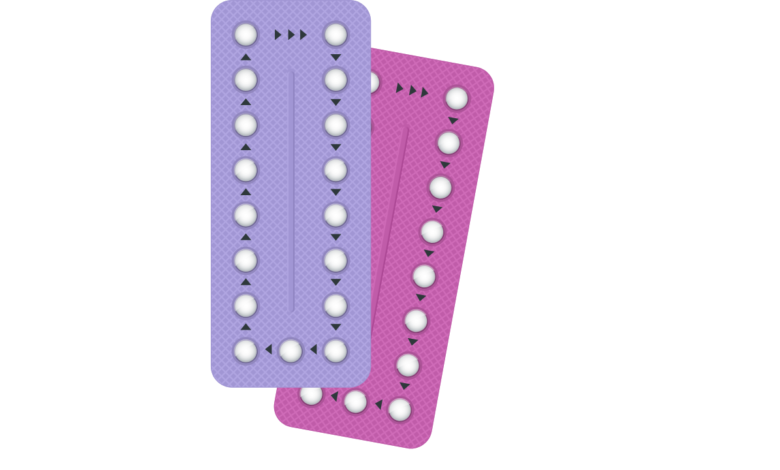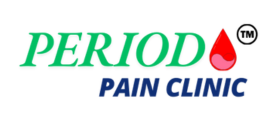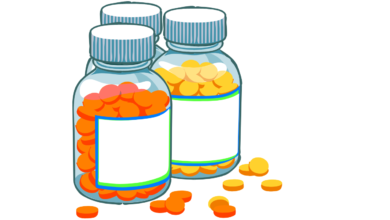Allopathic Medications for Period PainPeriod Pain Treatments
Progestin-Only Pills: Can be effective for women who cannot take estrogen.
Progestin-Only Pills (POPs): Estrogen-Free Birth Control

Brief information about it
Combination pills are a type of hormonal birth control that contains both estrogen and progestin hormones
Uses
· Prevent pregnancy
· Reduce menstrual bleeding and pain
Mechanism of action
Progestin-only pills primarily work by thickening cervical mucus, making it difficult for sperm to reach the egg.
Elimination half life
The elimination half-life of progestin-only pills varies depending on the specific formulation.
Route of Administration
Oral: Taken orally once daily.
Side effects
Common side effects include:
- Irregular bleeding
- Spotting
- Mood changes
- Weight gain
Dose
The dosage is typically one pill taken daily at the same time each day.
Precautions
Consult a Healthcare Provider: Consult with a healthcare provider before starting progestin-only pills, especially if you have any underlying health conditions.




